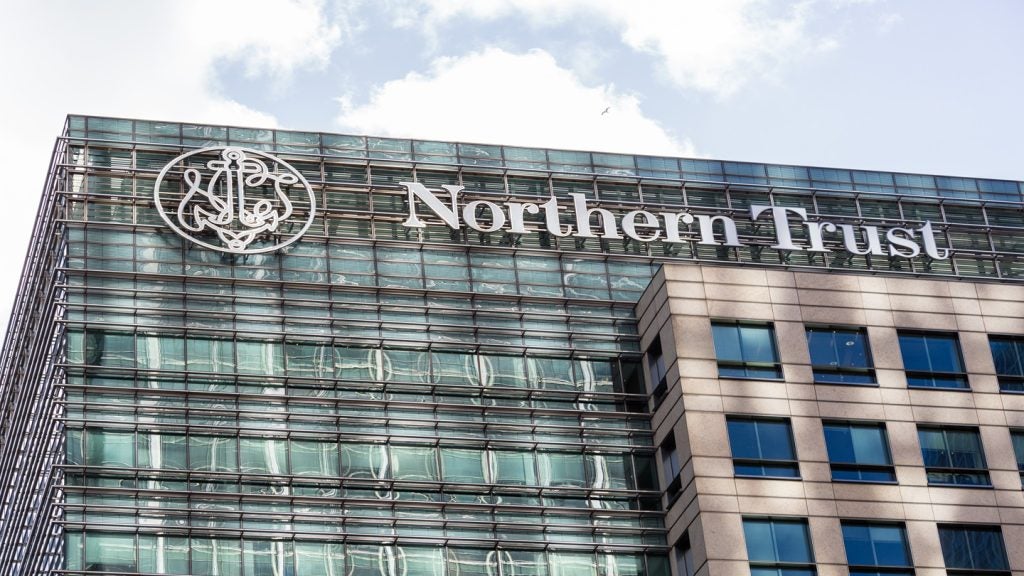With the likes of multinational technology companies promising wealth management through technology, Rohit Sharma, head of investment advisory, Standard Chartered Private Bank, argues technology has a supporting role but won’t replace face-to-face engagement in shaping wealth management clients’ financial futures
A British television comedy sketch enacts a consultation in which a banker rejects his clients’ loan application. In a flat, unemotional tone he tells them: “Computer says ‘No.’”
With technology helping us navigate almost every aspect of our lives including communications, social interactions, shopping, entertainment, government-form-filling and banking, the phrase, “Computer says ‘No’” is now repeated whenever a computer, smartphone or tablet doesn’t give us the answer we want!
We rely on and trust technology to facilitate our food, fashion, fun and finances from day-to-day, so why not our futures? There is increasing anticipation of artificial intelligence (AI), big data and “robo-advisers” being applied to wealth management problems.
So, isn’t it time we entrusted the management of our wealth to technological solutions? We are told that big multinational technology players, are poised to use their technical prowess to become “wealth-tech players.” As private bankers, we are obliged to ask whether the days of Investment Advisors and Relationship Managers engaging face-to-face with their clients will follow the fate of the Dodo, the quill pen and the horse and buggy?
As with much in life, things are never as simple as they seem. Wealth management is a large, complex and rapidly changing world. It does not lend itself to simple solutions – even those promised by leading-edge technology corporations. As bankers, we have a compliance obligation to know your client (KYC). But knowing your client goes well beyond a stark, regulatory requirement. It extends to developing a deep understanding of clients’ lives, families, ambitions, and changing requirements.
How well do you really know your competitors?
Access the most comprehensive Company Profiles on the market, powered by GlobalData. Save hours of research. Gain competitive edge.

Thank you!
Your download email will arrive shortly
Not ready to buy yet? Download a free sample
We are confident about the unique quality of our Company Profiles. However, we want you to make the most beneficial decision for your business, so we offer a free sample that you can download by submitting the below form
By GlobalDataWhen clients’ evolving circumstances are known and understood we tailor our service to meet their individual investment risk appetite, their behaviour and spending patterns as closely as possible. There is no doubt that technology can service on a large scale; the question is how it can deliver on an individual, personalised level?
Changing Legacies
Our wealth management clients reflect wide ranges of peoples, numbers, places and challenges. Globally, both the number of high-net-worth individuals (HNWIs) and their wealth are growing. But, perhaps more significantly, our experience at Standard Chartered Private Bank, is that the profile of clients is becoming increasingly diverse.
Today clients are younger, in the 40 to 50 years old age bracket compared to 60 to 70 years old a few years ago. This younger demographic may delay but won’t halt addressing the types of challenges for which a technological solution may be elusive.
According to recent research, by 2030 millennials will hold five times as much wealth as they have today and are expected to inherit over $68trn from their families. That highlights the need for Investment Advisors and Relationship Managers to focus on clients’ individual circumstances during the transition times in their lives. Most studies suggest that 80% or more of heirs will replace their financial advisors after inheriting this cascade of parental legacies. Personal insights Investment Advisors and Relationship Managers have of their clients could play a crucial role in helping the seamless transfer of this intergenerational wealth.
Another striking feature of the evolution of wealth management is the growing number and proportion of wealthy women.
In a report devoted to the growing importance of female HNWIs, Boston Consulting says: “With a third of the world’s wealth under their control, women have become a sizable economic force. They are increasing their wealth faster than before – adding $5trn to the wealth pool globally every year – and outpacing the growth of the wealth market overall.”
There has also been a transformation in the source and geographical origin of wealth. Clients’ capital is today less likely to be property wealth inherited from prior generations in Europe and the United States. Newer wealth is being created from enterprise and industry, technology and entrepreneurship particularly in the dynamic markets of Asia, Africa and the Middle East. This reflects HNWIs wanting less of a custodian role from private banks and their greater expectations of portfolio performance tailored to their personal requirements.
The COVID-19 pandemic is the challenge of our age. But underlying political pressures centred on interventionist foreign policies, asymmetric wars and unpredictable leadership and economic tensions including world trade, resource use, climate change and disruptive technology exemplify the complexity of wealth creation, preservation and growth in today’s world.
The robot will see you now
Such diversity and challenges to the management of wealth may be addressed either indirectly, through interventional technology or directly, with personal interaction between the Investment Advisors and their clients.
On the one hand, clients can succumb to the allure of big tech’s promise of “robo-advisors,” providing online information, analytics and execution thus bypassing human intervention. Its appeal comes from the economies of scale reducing the cost of wealth management. It will broaden the market to embrace not just those with above-average wealth but also the mass-affluent. That will create more people who are considered wealthy and a large, generic, “product-centric” market in which clients choose from “one-size-fits-all” packaged investment products. And finally, this indirect approach has a growing appeal among younger, “digital natives” in places like China where people have been quick to adopt technology.
Providing clients with face-to-face or other direct contact with their Relationship Managers / Investment Advisors doesn’t make anyone “technophobes” or a “tech-free zone!”
Recent events confirmed our clients’ preference for this type of personal contact when it matters – in a crisis. Direct, regular, personal contact and engagement helps establish foundations for long-term relationships with our wealth management clients. So, when we encountered the market uncertainties with the declaration of Covid-19 pandemic, our Relationship Managers and Investment Advisors were already familiar with their individual clients and their circumstances. Investment Advisors and Relationship Managers seamlessly addressed clients’ concerns, offered reassurance or advice and assisted with transactions where clients trimmed their portfolios or took advantage of market opportunities created by the volatility.
We witnessed our clients’ strong desire for face-to-face contact (via videoconferencing) with their Relationship Managers at the start of the pandemic. That experience made us question whether clients could have received the same level of support had they been reliant on smart apps, robo-advisers and digital platforms alone.
Confounding client complexity
Many of Standard Chartered Private Bank’s clients use several banks and have investment holdings with various investment managers. This is quite different to years ago when they would traditionally only have one wealth provider. To manage this modern set-up, we offer a combination of direct communication that engages clients through relationships with our Relationship Managers and Investment Advisors, who have skilled access to our sophisticated technological infrastructure. It allows them to share an overview of clients’ aggregated banking and investment positions.
According to the 2019 World Wealth Report: “Our analysis also found a quantifiable correlation between solid personal connection with HNW clients and the financial performance of wealth management firms, which underscores the importance of Investment Advisor / client relationships – even in the digital era.”
Standard Chartered Private Bank will continue exploring and investing in technology that enhances personal service but in a supporting role suggested by Capgemini’s World Wealth Report 2020 that: “Aided by technologies such as artificial intelligence and analytics, firms can hyper-personalise the customer experience to uniquely meet the individual needs of existing as well as prospective clients.”
However advanced or useful the technology, we share the conclusion of Boston Consulting that, “No matter how capable machines become, human interaction and trusted, personalized relationships will remain key – especially in upper wealth bands. Plus, by continuing to use technology the way we do, in support, we can counter the draw of wealth management clients towards “big tech” wealth managers and thus save them from the risk of being told: “Computer says ‘No.”







